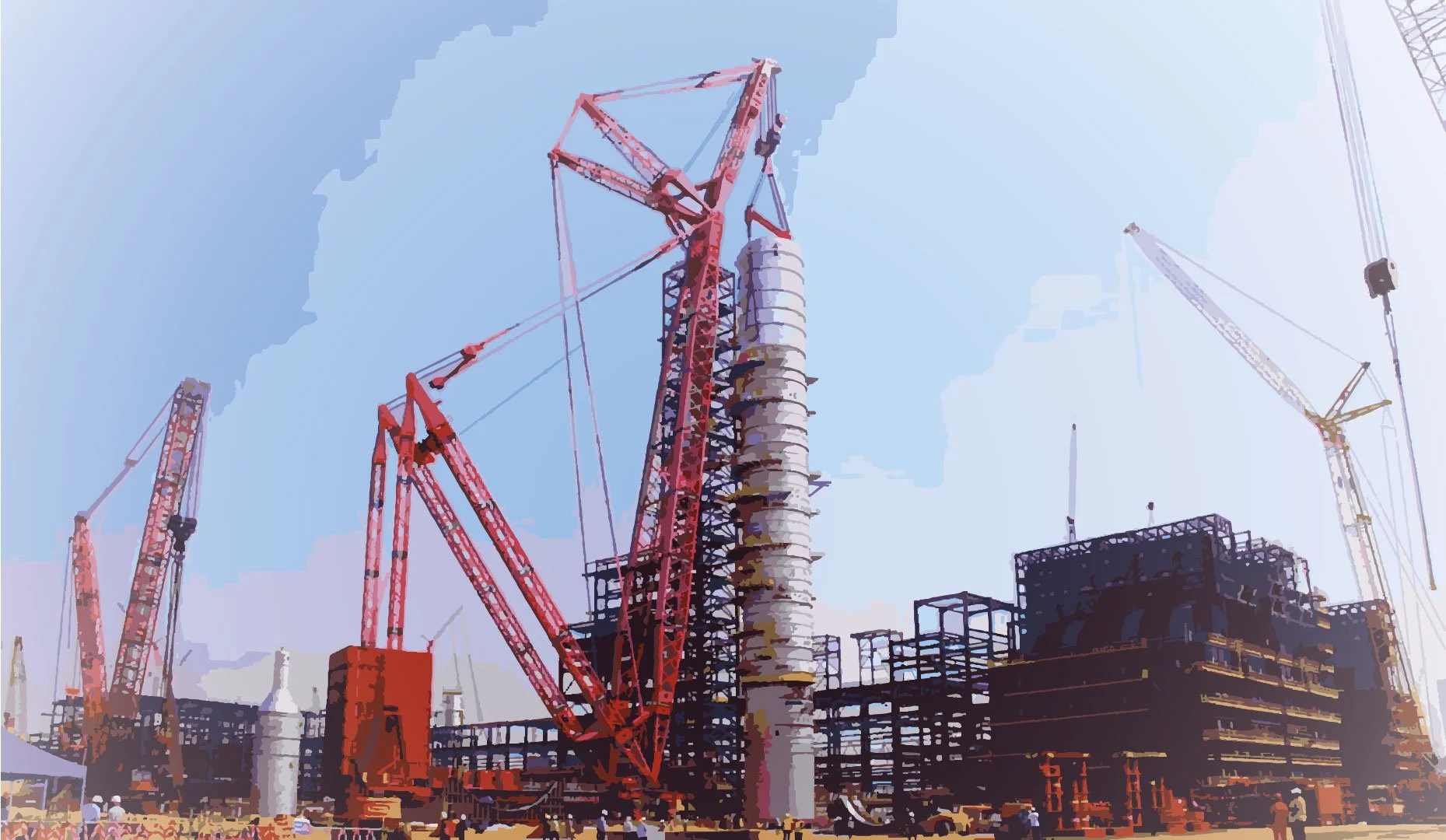Nigeria’s Dangote Refinery Reshapes Africa’s Downstream Map
In just a few months, Nigeria’s Dangote Refinery has gone from a mega-project on the horizon to a force actively redrawing the energy dynamics of Africa - and increasingly, the global market.
With a nameplate capacity of 650,000 barrels per day (bpd), the refinery is now running at approximately 85% utilization, following the successful commissioning of its alkylation unit in April. This has allowed it to hit full operating stride and begin impacting both domestic supply and international trade.
Displacing Imports, Exporting Strength
The first half of 2025 has been transformative. Domestic gasoline imports into Nigeria, once averaging around 200,000 bpd, have plummeted to near 60,000 bpd. Today, Dangote meets over 60% of Nigeria’s gasoline needs, sharply cutting foreign exchange exposure and redefining the country’s fuel security landscape.
But the disruption is not limited to local supply chains. In June, the refinery shipped its first gasoline cargo to Asia - a 90,000-metric-ton parcel moved through global trading house Mercuria. This marks a significant inflection point, signalling West Africa's ability to not only satisfy domestic demand, but also carve out presence in distant, competitive markets.
Petrochemical Expansion & Industrial Ambition
In parallel with its refining operations, the facility’s $2 billion petrochemical plant has also entered full swing. Now producing 830,000 metric tons of polypropylene annually, it positions Dangote as Africa’s largest supplier of the commodity - until recently a staple import for many African and emerging economies. With a global off-take agreement secured with Vinmar, this segment is primed to generate industrial ripple effects far beyond Nigeria.
A New Downstream Order
Regional supply chains are already being realigned. Nearly 100,000 bpd of gasoil exports from the refinery have reached West African markets in recent months, nudging out traditional suppliers from Europe. This is not simply a substitution - it is the reshaping of decades-old trade corridors.
Additionally, the refinery’s strategic procurement of feedstock has made headlines. With domestic supply still facing bottlenecks, Dangote continues to import U.S. WTI crude, with 5 million barrels scheduled for July alone. This underscores not only its production resilience, but its strategic awareness of global supply arbitrage.
Implications and Strategic Signals
For Nigeria, the payoff is multi-pronged. There’s the immediate fiscal advantage of reduced fuel imports, and the medium-term industrial dividend of higher value-added production through petrochemicals. More broadly, it signals a shift in posture - from a net importer to a regional power capable of competing globally.
For the region, Dangote’s emergence challenges long-standing supplier dynamics, and raises fresh questions for countries like Ghana and Côte d’Ivoire, who still import the majority of their refined products. With Ghana’s TOR set to resume refining later this year, the race for self-sufficiency - and competitive export footing - is officially on.

